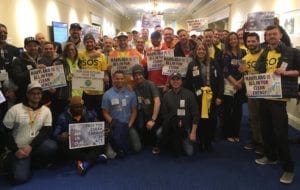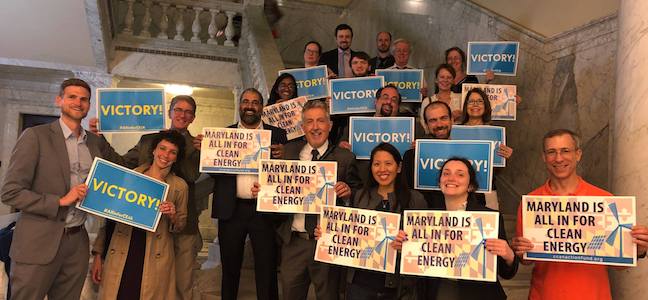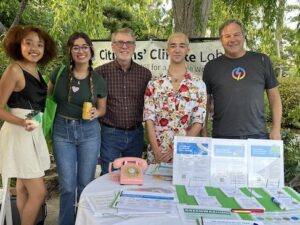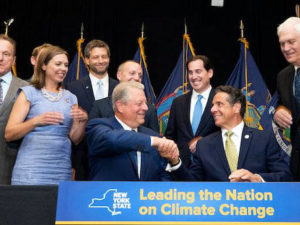Maryland passes major renewable energy bill
By Jamie DeMarco
Over the past 15 years, solar in Maryland has slowly but steadily grown, and now provides about 1.9% of the state’s electricity. However, the time for slow and steady gains is over, and on Monday, April 8, the Maryland General Assembly officially passed the Clean Energy Jobs Act, which will increase in-state solar generation to 5.5% within the next nine months.
Nearly tripling a decade and a half of progress in less than a year is the kind of exponential growth in renewable energy that we need to solve the climate crisis, and is reflected in legislation being passed in Maryland, and across the country.

While four other states have a target of 50% by 2030 or greater, Maryland is the first state to pass a 50% by 2030 mandate while there was bipartisan control of the state government.
This is a huge victory for the people of Maryland, and for the climate. It is also a meaningful personal victory. Before coming to the Citizens’ Climate Lobby, I worked full time at the Maryland Clean Energy Jobs Initiative, where I advocated for this bill full time. After I joined the CCL staff I continued to lobby directly for the bill and mobilize grassroots across the state.

This year, New Mexico also passed legislation requiring a zero-carbon electric grid by 2045, joining Hawaii, California, and D.C., who have passed similar measures. In Massachusetts, 96 of the 160 members of the House have cosponsored fee and dividend legislation, and we are hopeful the legislation will pass this year.
There is now a long list of states taking the lead by passing bold, bipartisan climate legislation, and our grassroots power is making these victories happen. All of these victories increase the pressure on Congress to catch up with the rest of the country and pass bold climate legislation like the Energy Innovation and Carbon Dividend Act. I am proud to see my home state join that list.
Jamie DeMarco is the State-Level Carbon Pricing Coordinator for Citizens’ Climate Lobby.





